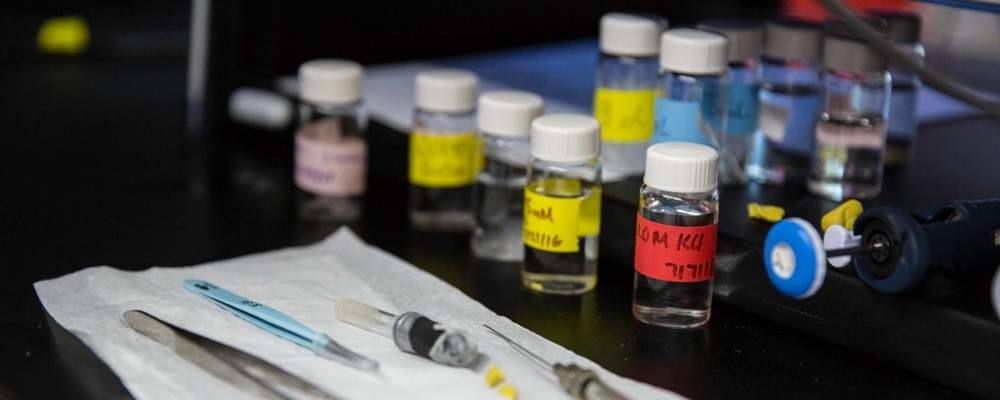Grad School Prep

Dimensions can help you align your courses with your future aspirations for graduate or professional school. Preparing for these programs in healthcare and the health sciences is a lengthy process. The sooner you start exploring the types of programs of interest to you, the more prepared you will be for the application process, and the more competitive of an applicant you will become!
Pre-professional programs
Explore our pre-professional programs to learn how they can help you complete your course prerequisites and get you closer to your goal of graduate school. Start meeting with the Associate Director of Dimensions as early as your first year on campus.
Preparing for admission
Meet with the Associate Director of Dimensions to:
- Find the right pre-professional program
- Find the schools you will be submitting an application to
- Determine what the prerequisites are for your top grad schools
- Get admission exam support
- Have your application reviewed by the Health Professions Committee, and get letters of recommendation
- Meet with the Berry Career Institute career coaches for additional support in putting your application materials together
Important aspects of your application
GPA
Your cumulative and science GPA are important measures of your work ethic and involvement in your coursework. You should strive for good grades, especially in your prerequisite courses, and look to maintain or even improve your grades each year.
Admission exams
Most graduate schools require an admission exam, with the most popular being the MCAT and GRE. These are not like the ACT or SAT, and different schools will require different tests. If you plan to attend graduate school immediately following graduation, you will probably take your relevant exam by the end of your junior year.
Dimensions and the Berry Career Institute offer support in preparing to take the exam with study guides and study plan development. Dimensions also typically awards two free Kaplan test preparation scholarships for the MCAT each year.
To determine which exam you will likely need to take, please refer to your pre-professional program of interest.
- Medical College Admission Test (MCAT): Medical School exam for both allopathic (MD) and osteopathic (DO) programs
- Graduate Record Examinations (GRE): Physical Therapy, Veterinary Medicine, Occupational Therapy, Public Health, Physician Assistant, and other programs
- Dental Admission Test (DAT): Dentistry School Optometry Admission Test (OAT): Optometry School
Experiential learning and extracurricular activities
Participating in an internship and some form of research helps you put to practice what you have learned and makes you a more competitive applicant. Over 80% of students accepted to medical schools have had at least one research experience.
Pursuing service opportunities in healthcare demonstrates leadership and a passion for your health career interest. Learn how you can get involved in service opportunities.
You should also keep a journal of your activities and engagements while at Cornell. This will serve to not only help you reflect on your experiences and why they are meaningful to you, but will also help you keep track of your hours and contacts - something you will have to report on your application!
Personal statement
You can work with the Writing Studio, Berry Career Institute coaches, and faculty to refine your personal statement. Your personal statement is one of the most important elements to your application.
Letters of recommendation
Get to know your professors and staff. You can forge lasting relationships, enabling them to write strong letters of recommendation. Many graduate schools will expect you to have at least three letters of recommendation and will require two of your letters of recommendation to come from faculty at Cornell. Plan ahead to ensure you know who you will ask for letters and when those letters will be due.
